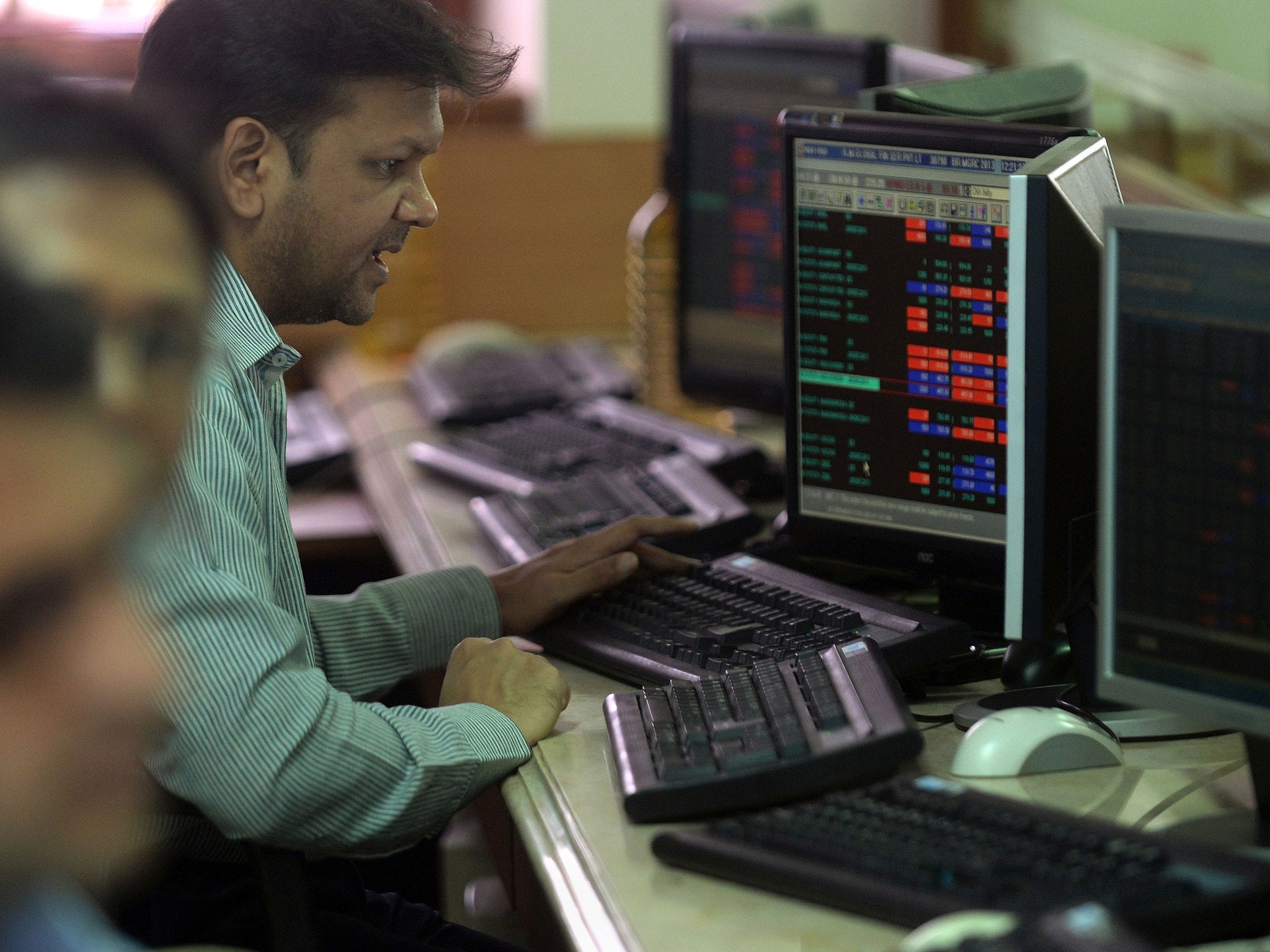Porn in India is actually still banned: internet companies fail to unblock adult sites
Government has permitted sites to come back online, unless they have child pornography — but since it is so hard for internet service providers to check all sites, they are just refusing to turn any back on

Porn is still effectively banned in India, since a government directive to unblock it is too vague to implement.
The government banned porn over the weekend, but after vast amounts of criticism quickly undid the block. But it came with a catch — that sites that allow child porn should not be let back online — which has become too difficult for internet providers to implement.
"ISPs have no way or mechanism to filter out child pornography from URLs, and the further unlimited sub-links," Internet Service Providers Association of India (ISPAI) said, reports the Times of India.
Internet companies have pointed out that even if they were to check all of the sites that are being let back through, their contents could change at any time. That would mean that the company could be liable to punishment by the government — despite having run all the necessary checks.
"The ISPs do not have mechanism to check the content, as the same is dynamic in nature. Hence, we request your good self to advise us immediately on the future course of action in this regard. Till your further directive, the ISPs are keeping the said 857 URLs disabled," the ISPAI said according to the Times of India.
The Indian government rolled back the ban very soon after it was installed, following a huge social media uproar. It has been looking to play down the effects since.
Join our commenting forum
Join thought-provoking conversations, follow other Independent readers and see their replies
Comments
Bookmark popover
Removed from bookmarks